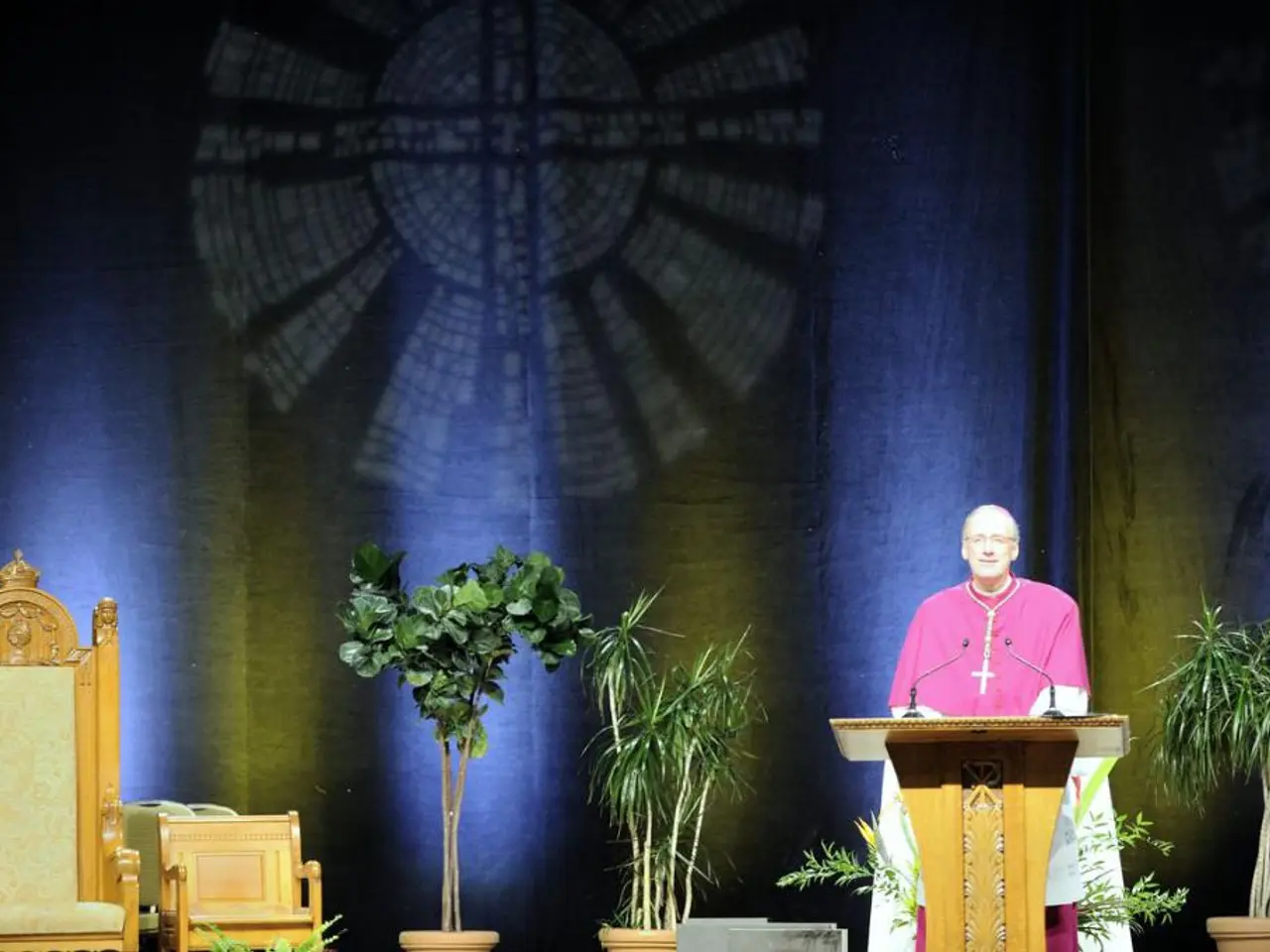Trump's 'Compact' Sparks Academic Freedom Storm: Universities, Lawmakers Clash
The Trump administration has proposed a 'Compact for Academic Excellence in Higher Education', sparking controversy and division among universities and lawmakers. The compact, sent to nine universities, requests significant changes in exchange for preferential treatment. While some have welcomed it, many have criticized its potential impact on academic freedom and independence.
The proposed compact includes requirements such as altering admissions and hiring practices, committing to institutional neutrality, freezing tuition for five years, capping international enrollment, and suppressing criticism of conservatives. This has drawn sharp criticism from various quarters.
Ed Trust president Denise Forte warned that the compact posed 'an existential threat' to higher learning institutions, arguing it was an attempt by the Trump administration to impose its preferred ideology. Multiple associations and faculty members echoed this sentiment, stating it would strip academic freedom, override governance standards, and gut campus diversity.
Dartmouth president Sian Beilock indicated she was unlikely to go along with the plan, defending Dartmouth's academic freedom and independence. Democratic lawmakers in Pennsylvania announced plans to introduce legislation prohibiting institutions receiving state funding from signing the compact. California governor Gavin Newsom threatened to cut state funding for any California university that signs the compact, stating 'California will not bankroll schools that sell out their academic freedom'.
American Council on Education president Ted Mitchell referred to the proposal as 'a naked exercise of power, lacking internal coherence', which would set 'a horrible precedent to cede power to the federal government'.
Meanwhile, some have welcomed the compact. Kevin P. Eltife, the University of Texas system Board of Regents president, responded positively to the proposed compact. USC interim president Beong-Soo Kim offered a noncommittal response, stating he would consult with stakeholders before responding.
The 'Compact for Academic Excellence in Higher Education' has sparked a heated debate, with some welcoming it as a path to preferential treatment, while others view it as an existential threat to academic freedom and independence. As universities consider the compact, lawmakers have begun to take action, with Pennsylvania and California considering legislation to prevent institutions from signing it.





